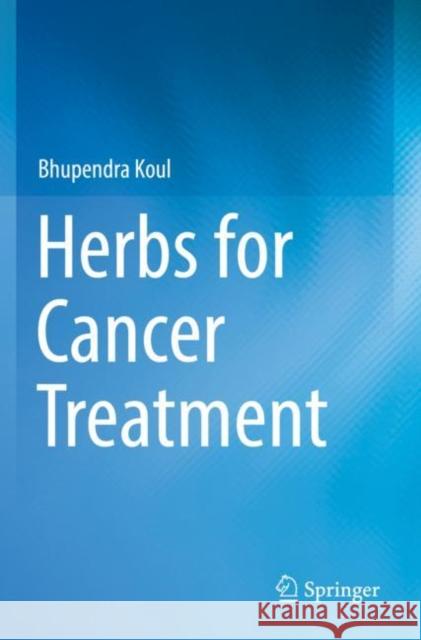Herbs for Cancer Treatment » książka
topmenu
Herbs for Cancer Treatment
ISBN-13: 9789813291492 / Angielski / Miękka / 2021 / 1174 str.
Herbs for Cancer Treatment
ISBN-13: 9789813291492 / Angielski / Miękka / 2021 / 1174 str.
cena 885,61
(netto: 843,44 VAT: 5%)
Najniższa cena z 30 dni: 883,53
(netto: 843,44 VAT: 5%)
Najniższa cena z 30 dni: 883,53
Termin realizacji zamówienia:
ok. 22 dni roboczych.
ok. 22 dni roboczych.
Darmowa dostawa!
Kategorie BISAC:
Wydawca:
Springer
Język:
Angielski
ISBN-13:
9789813291492
Rok wydania:
2021
Wydanie:
2019
Ilość stron:
1174
Oprawa:
Miękka
Wolumenów:
01











